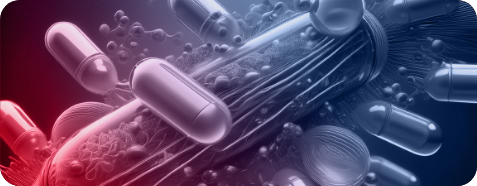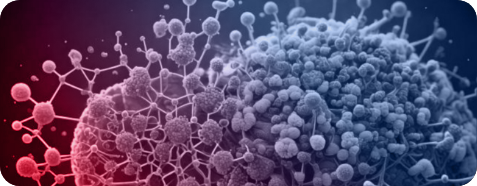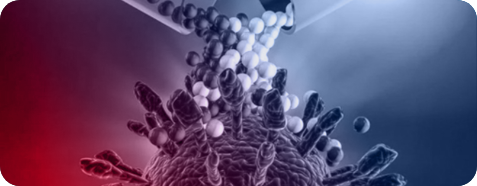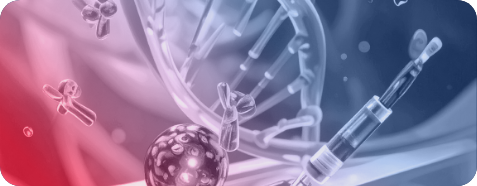
Non-immunogenic Stem Cells for the Treatment of Type 1 Diabetes
Our novel gene editing removes the immunogenicity of human Pluripotent Stem Cells upon implantation into human organs. We have chosen Type 1 Diabetes as the initial indication to demonstrate the potential of our platform.
The Problem
Type 1 diabetes (T1D) is a chronic disease characterized by loss of insulin-producing cells due to autoimmunity. While there have been improvements in disease management through automated insulin pumps and continuous glucose monitors, current standards of care remain insufficient. Only 25% of T1D patients achieve the A1c levels, a correlate of blood glucose, recommended by the American Diabetes Association. Insufficient maintenance of blood sugar levels can lead to many long-term complications including cardiovascular disease, kidney failure, neuropathy, and retinopathy. This contributes to an estimated 10-year shorter lifespan for T1D patients.
Early signs of a functional cure through cell replacement therapy, where insulin-producing cells are implanted into patients, are demonstrating promise. However, these approaches require patients to be on lifelong toxic anti-rejection drugs, much like organ transplants, which limits access to this treatment to only a handful of patients and leaves patients with an increased risk of infections and cancer.
The Solution
We have developed a genetic engineering solution that when applied to human pluripotent stem cells, enables the cells to overcome rejection by the immune system. When these cells are differentiated into insulin-producing cells, the technology could cure T1D without requiring anti-rejection drugs. Our long-term vision is to use this universal stem cell line for differentiations into appropriate cell types to treat a variety of diseases beyond T1D.
The Opportunity
There are roughly 2M patients in the US and 9M globally living with T1D, representing a $16B market with CAGR of 6%. As a platform, the technology could also serve additional indications in the broader regenerative medicine market, representing a much larger potential addressable market.
Status
The technology has shown the ability to enable human pluripotent stem cells to survive for around six months, the full duration of the study, in a fully immunocompetent mouse. This proof of concept suggests the cells effectively overcome the cross-species immune barrier, often seen as the highest immune barrier. Studies demonstrating in vivo proof of concept in a T1D mouse model are ongoing.
Meet the Team

Deepta Bhattacharya PhD
College Of Medicine - Tucson

Hannah Pizzato PhD
College of Medicine - Phoenix

Christopher Shen PhD
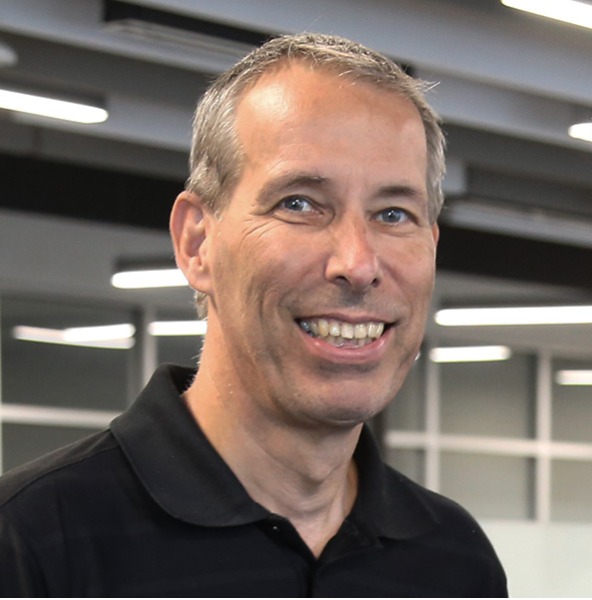
Peter Nestler PhD
Tech Launch Arizona
Contact us today.

